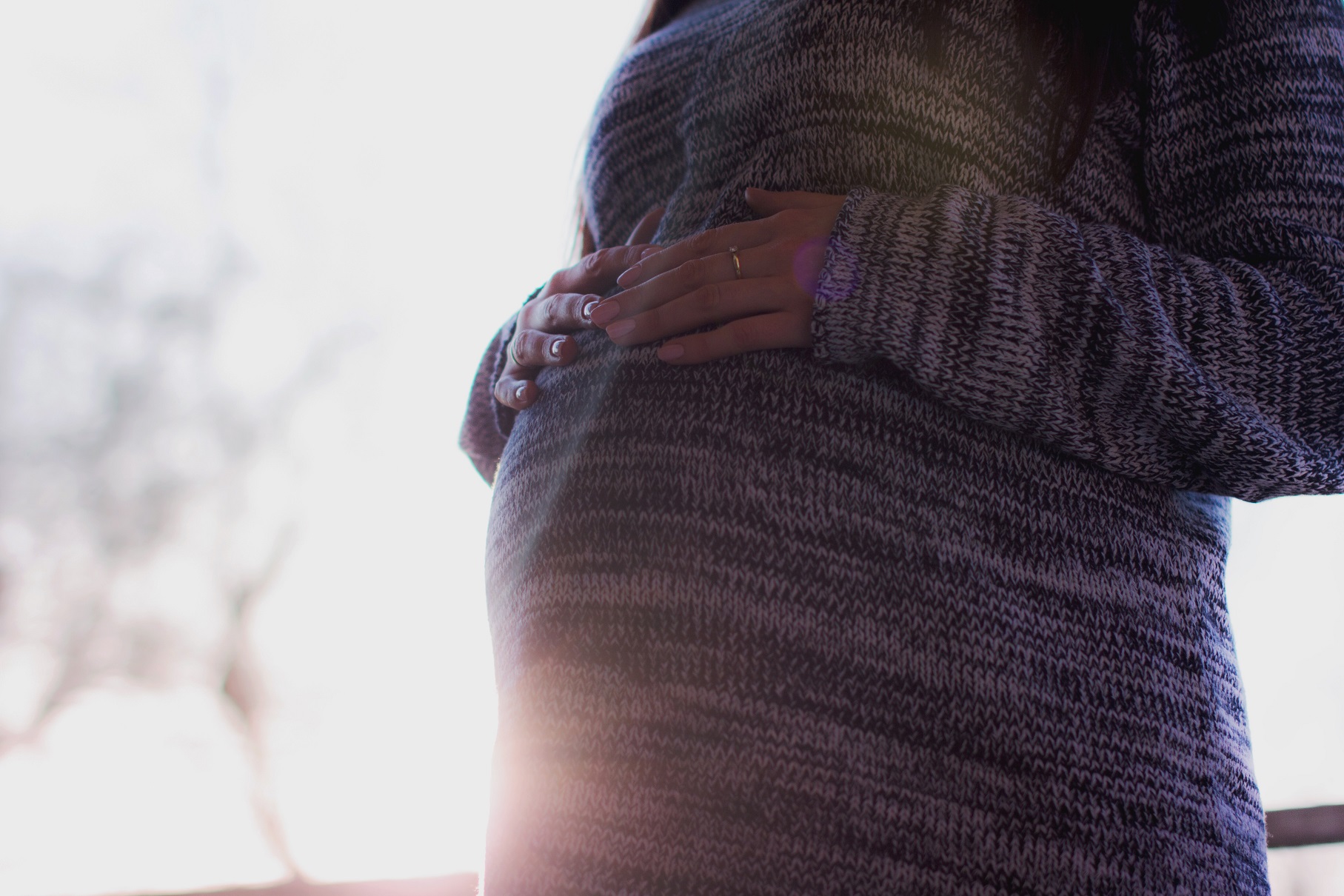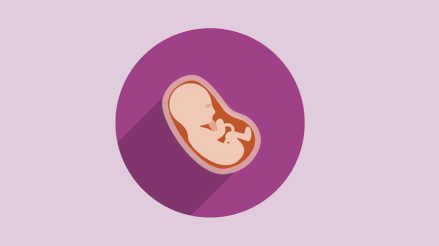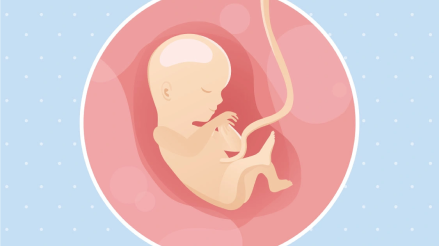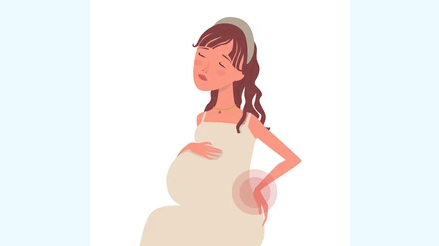You may also like…
Tests, Ultrasounds and Doctor-Visits for your 9 months!
Confused about what to expect each month at your doctor’s visit, if you happen to go to one? Here is a write-up of everything you need to know for your nine-month upcoming journey. Feel free to skip to the month you’re most concerned with at the moment.
The First Month- First Prenatal Checkup
1.Confirmation on your pregnancy:
Determine your estimated due date of delivery or due date
Check your cervix or uterus for signs and approximate age of pregnancy
A pregnancy test (urine or blood) will most like be ordered
A dating ultrasound is probably done (usually done between 6-9 weeks), this early ultrasound is used to confirm the pregnancy, estimate the gestational age, and determine the due date.
2. A complete history:
Your personal medical history
- Any previous, existing chronic disease
- Previous major illness or surgery
- Known allergies (food allergies, drug allergies)
- Nutritional supplements (vitamins, minerals, herbals, and so on)
- Previous or existing medications intake (over-the-counter, prescription)
- Your family medical history (genetic disorders, chronic diseases, unusual pregnancy outcomes)
- Your personal gynecological history
- Age at first menstrual period
- Usual length of menstrual cycle
- Duration of menstrual cycle
- Regularity of menstrual cycle
- Your personal obstetrical history
- Past live births
- Past miscarriages
- Past abortions
- Course of past pregnancies, labors, deliveries
- Social history (age and occupation, lifestyle habits (eating, exercising, smoking)
- Personal life (baby’s father’s information and ethnicity)
3. A complete physical Examination
- Examination of heart, lungs, breasts, abdomen
- Measurement of blood pressure as a baseline to compare to with subsequent increase in readings
- Measurement of weight and height (pre-pregnancy and present)
- Inspection of arms and legs for varicose veins or oedema (swelling from excess fluid in tissues)
- Examination of genitals; vagina and cervix (with a speculum in place)
- Bimanual examination (with one hand on abdomen and one hand in the vagina) – for assessment of size and shape of bony pelvis (through which your baby will be ultimately delivered)
4. A set of tests:
- A blood test to determine blood type and Rh status
- Urine screen to check levels of glucose, protein, white blood cells, blood and bacteria
- Blood screen to check antibody titer (levels) and immunity to diseases such as rubella
- Tests to check presence of infections such as syphilis, gonorrhea, hepatitis B, Chlamydia, HIV
- Genetic screen (if needed) for cystic fibrosis, sickle-cell anemia, Tay-Sachs, or other genetic-disease
- A pap smear for the detection of cervical cancer
- A blood Sugar level Test to check for any tendency towards diabetes in women with a pre-existing high blood pressure, history of having a large baby or one with birth defects, or who had gained excessive weight in an earlier pregnancy (All women undergo a screening test for gestational diabetes around 28 weeks).
The Second Month
Expect to have the following checked at this month:
- A dating ultrasound is probably done by now (usually done between 6-9 weeks), this early ultrasound is used to confirm the pregnancy, estimate the gestational age, and determine the due date. It only needs to be done once, if it was done in your previous visit, you do not need to repeat it.
- Weight and Blood Pressure
- Urine for sugar and protein
- Hands and feet for swelling (oedema) and legs for varicose veins
- Any unusual symptoms you are experiencing recently
The Third Month
Expect to have the following checked at this month
- Weight and blood Pressure
- Urine, for sugar and protein
- Fetal Heartbeat
- Size of Uterus, by external palpation (feeling from the outside), to see how it correlates to estimated due-date of delivery (EDD), or due date
- Height of fundus (the top of the uterus)
- Swelling of hands or feet (rule out oedema), legs inspection for varicose veins
- If your doctor has any suspicion regarding your child being a Down’s syndrome baby; a Nuchal Translucency Ultrasound (11-14 weeks) will be done, this test assesses the risk of certain chromosomal abnormalities, such as Down syndrome, by measuring the thickness of fluid at the back of the baby's neck.
The Fourth Month
Expect to have the following checked at this month
- Weight and Blood Pressure
- Urine, for Sugar and Protein
- Fetal Heartbeat
- Size of uterus, by external palpation (feeling from the outside)
- Swelling of hands or feet (rule out oedema), legs inspection for varicose veins
- Any unusual symptoms you are experiencing recently
- If your doctor suspects that your baby may be at risk of Down’s syndrome and a Nuchal Translucency Ultrasound has yet to be performed it will be done now, this test assesses the risk of certain chromosomal abnormalities, such as Down syndrome, by measuring the thickness of fluid at the back of the baby's neck.
The Fifth Month
Expect to have the following checked at this month
- Weight and Blood Pressure
- Urine, for Sugar and Protein
- Fetal Heartbeat
- Size of uterus, by external palpation (feeling from the outside)
- Swelling of hands or feet (rule out oedema), legs inspection for varicose veins
- Any unusual symptoms you are experiencing recently
- Most commonly during this month an Anatomy Scan Ultrasound (18-22 weeks) is performed, also known as a Level 2 ultrasound, this is a comprehensive examination that examines the baby's organs, limbs, and overall anatomy. It can detect major structural abnormalities and provide information about the baby's sex (is it a boy or a girl) if desired.
The Sixth Month
Expect to have the following checked at this month
- Weight and Blood Pressure
- Urine, for Sugar and Protein
- Fetal Heartbeat
- Size of uterus, by external palpation (feeling from the outside)
- Swelling of hands or feet (rule out oedema), legs inspection for varicose veins
- Any unusual symptoms you are experiencing recently
The Seventh Month
Expect to have the following checked at this month
- Weight and Blood Pressure
- Urine, for Sugar and Protein
- Fetal Heartbeat
- Size of uterus, by external palpation (feeling from the outside)
- Swelling of hands or feet (rule out oedema), legs inspection for varicose veins
- Any unusual symptoms you are experiencing recently
- Glucose Screening Test
- Blood Test for Anemia
The Eighth Month
Expect to have the following checked at this month
- Weight and Blood Pressure
- Urine, for Sugar and Protein
- Fetal Heartbeat
- Size of uterus, by external palpation (feeling from the outside)
- Swelling of hands or feet (rule out oedema), legs inspection for varicose veins
- Group B Strep Test
- Any unusual symptoms you are experiencing recently
- Third-Trimester Ultrasounds (32-36 weeks): These ultrasounds are done to evaluate the baby's growth, position, and the placenta's location. They can help determine if the baby is in the head-down position for a vaginal delivery and check for any potential complications.
The Ninth Month
Expect to have the following checked at this month
- Your weight gain (this will generally slow down or stop increasing)
- Blood pressure (this may start to increase a little- higher than it was at mid-point)
- Urine, for sugar and protein
- Swelling of hands or feet (rule out oedema), legs inspection for varicose veins
- Cervix (neck of uterus), by internal examination to see if effacement (thinning), and dilation (opening) has begun, if there’s suspicion of any infection a culture can be obtained
- Height of the fundus
- Fetal heartbeat
- Fetal size (you may be able to get a rough estimate), presentation (which part of your baby maybe delivered first- head or buttocks), what position will baby be delivered in (front or rear facing), descent (is presenting part of baby engaged in mother’s lower pelvic cavity or not) done by palpation (externally feeling with hands)
Powered by Froala Editor







